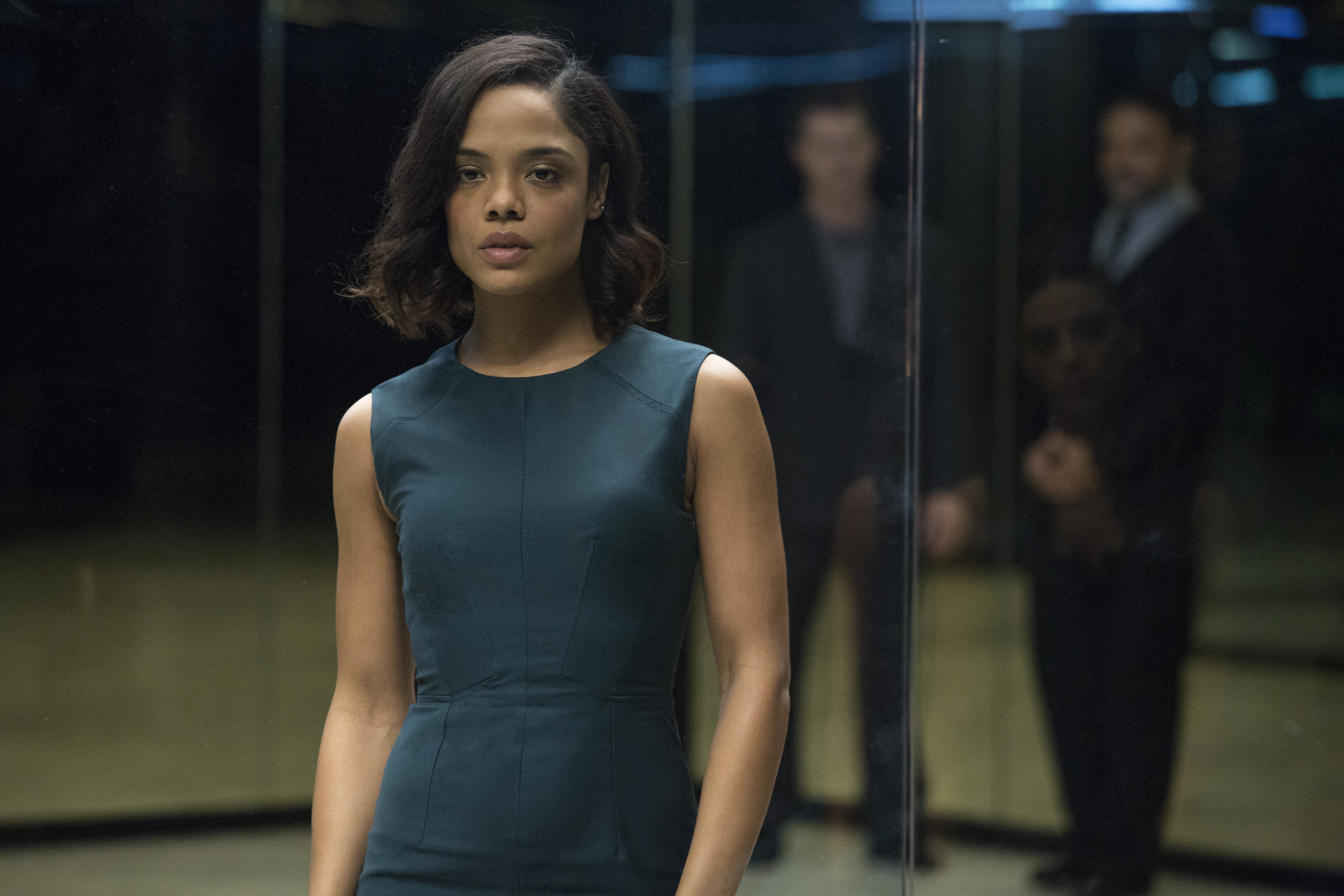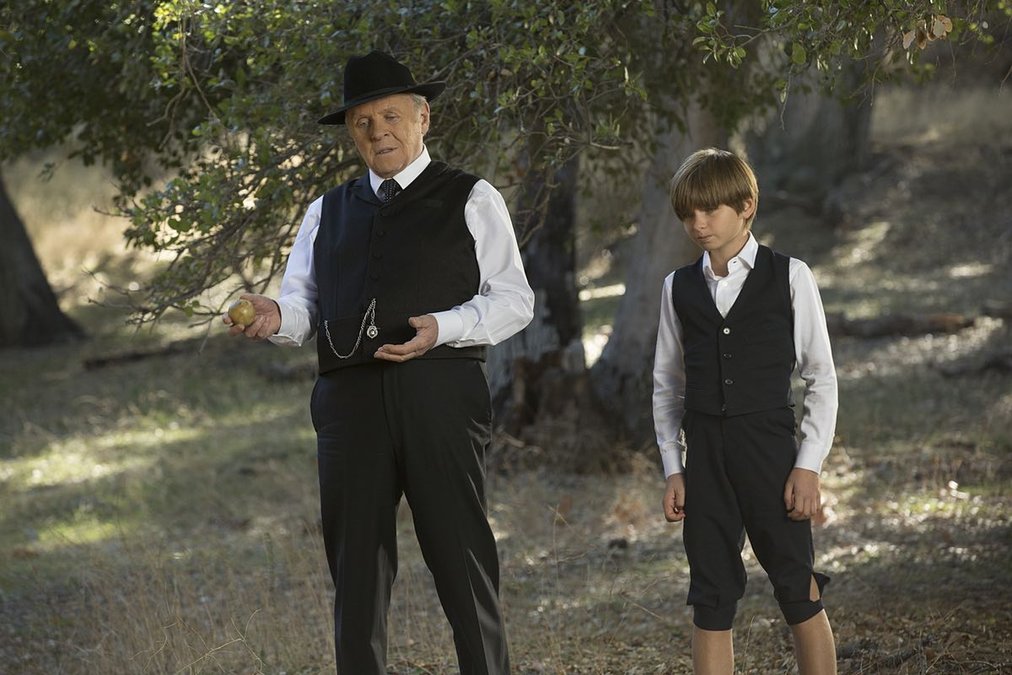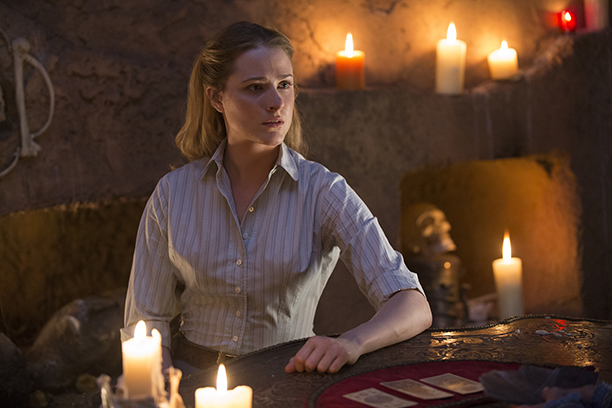Westworld, Season 1 Episode 3 – ‘The Stray’ | Review – The Bicameral Mind
Disclaimer: This review contains plot details and possible spoilers
If you were starting to think that this was merely an elaborate and pretentious way of packaging ‘robots vs. humans’, think again. In Episode 3, Westworld has revealed the scale of its ambition by delving into one of the most fundamental and enduring mysteries of science: consciousness.
American psychologist Julian Jaynes caused something of a stir in 1976 when he published a book called The Origin of Consciousness in the Breakdown of the Bicameral Mind. The central hypothesis of the book is that consciousness is a recent human phenomenon. Jaynes hypothesizes that as recently as 3000 years ago, the human brain was not aware of its own thought processes. The logical half of the brain wasn’t fully synchronized with the intuitive half, and so the communication between the two hemispheres would manifest as hallucinations: a person would hear a disembodied ‘voice of God’ giving a command, and obey it. There would be no awareness that the decision to act came out of the person’s own thought – he or she would have an almost schizophrenic experience. Unsurprisingly, the idea is controversial. Richard Dawkins said of it, “”It is one of those books that is either complete rubbish or a work of consummate genius, nothing in between. Probably the former, but I’m hedging my bets.”
The Stray explicitly mentions the bicameralism hypothesis, and it is a useful lens for looking at the behaviour of the hosts in the Westworld theme park. Up until this point, the AIs have been able to think, act, converse, respond and even improvise within defined loops. They can only do what their code – their ‘voice of God’ – tells them to. They do not have a sense of identity, and are incapable of processing ideas related to the self. However, things are changing. Consider this interaction between Bernard and Dolores (Evan Rachel Wood in world-class form):
Dolores: “I don’t know.”
This is complex territory to venture into, and stunning considering we are only three episodes in. Where can they take this? A scene between Bernard and park mastermind Robert Ford (Anthony Hopkins in world-class form) hints at dark deeds in the past, and darker ones in the future. Weird and terrible things are beginning to happen in the park. A lunatic named Wyatt is leading a cult of apparently bullet-proof hosts. Without being programmed to have an interest in astronomy, a stray host carves Orion into a rock, attacks the humans who catch up to him and then inexplicably bashes his own head in with a rock. Even sweet Dolores has pulled a trigger by the time the hour is done.
The Stray is Westworld’s densest hour yet. It is a sixty-minute mental gym session that promises even more invigorating workouts to come. I can’t wait to see where the show is heading. In taking on such an imposing constellation of plots and ideas, it may end up as either complete rubbish or consummate genius…
Overall Rating: 4.5 / 5
|
← Previous Story “Westworld: Season 1, Episodes 1 and 2” | Review – Violent Delights
|
You may also like...
1 Comment
Leave a Reply
Cancel reply
-
Advertisement
Copyright © 2020 Indian Nerve. All Rights Reserved.




Pingback: Westworld, Season 1 Episode 4 – ‘Dissonance Theory’ | Review – The Plot Thickens | Indian Nerve